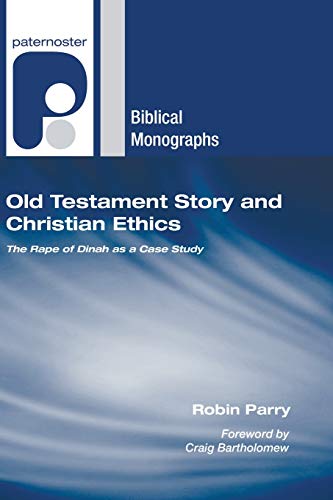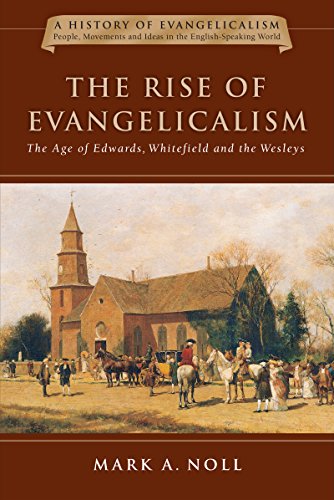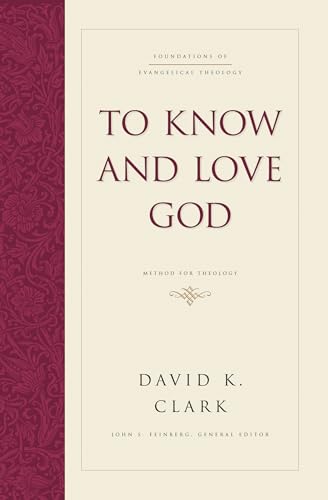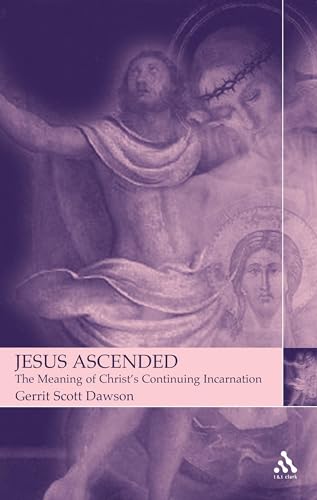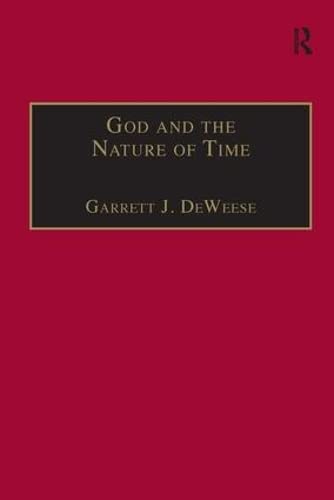OLD TESTAMENT STORY AND CHRISTIAN ETHICS: THE RAPE OF DINAH AS A CASE STUDY (PBM)
Written by Robin Parry Reviewed By David G. FirthReaders of the OT often come across narratives that are, at best, puzzling and, at worst, lead to an effective abandonment of the text as too hard to appropriate. Most of these stories (e.g., Jephthah sacrificing his daughter in Judges 11 or the cannibal mothers of 2 Kgs 6:24–33) stand outside of the main flow of the OT story, so that even those convinced of the importance of the whole of the Bible can still put them aside and hope that there is no call to return. Against this, Robin Parry sets out to show that these texts continue to be important within a Christian reading of the Bible. Although he does not provide a specific ethic deriving from the account of Dinah’s rape, he does aim to provide the hermeneutical tools that allow us to define the limits and form within which Christian ethical appropriation of such texts operates. Parry’s goal is therefore to use Genesis 34 so that the larger hermeneutical issues involved in Christian ethical reflection from such texts can be explored.
The book is divided into two main sections reflecting Parry’s principal concerns. Part 1 examines the place of narrative within ethics in order to establish the hermeneutical procedure by which such texts can be retrieved. Part 2, roughly twice the length of Part 1, seeks to test the ethical and hermeneutical framework through a reading of Genesis 34. In Part 1, Parry draws heavily on the work of Paul Ricouer in establishing the importance of narrative for ethical construction. He then engages especially with John Barton in demonstrating the importance of narrative within the OT’s ethical framework and N.T. Wright to indicate the importance of reading any given narrative within the whole of the biblical story. Parry is well read, and demonstrates considerable subtlety in the ways in which he is able to integrate the thinking of people like Robert Roberts and Martha Nussbaum into his model. Moreover, he goes beyond Barton and follows Wenham in recognising a virtue ethic operative within OT narratives. Beyond this, Wright’s approach provides a means for integrating narratives, though Parry is aware that it still needs to be used with care. In the end, he argues that there are a variety of ways in which a text can be appropriated for Christian ethical reflection.
The proof of his framework is seen in the reading of Genesis 34. After an extended historical survey of ethical reflections on Genesis 34, including early Jewish ones, Parry provides his own interpretation of the narrative, working with contemporary narrative theory. A discourse analysis supporting this appears in an appendix. There are no major surprises, but Parry has not set out to provide a novel interpretation. His goals become clearer in the following chapter, where he seeks to show how this chapter engages the rest of the biblical narrative. Here, he draws on Moberly’s model for reading the patriarchal narratives, before examining the light that the NT sheds on the ethical issues posed by the text. Finally, Parry interacts with resistant feminist readings, seeking to show the way in which texts like this remain authoritative. Although one might wish to see a wider range of texts explored, one can be thankful for the helpful way in which Parry outlines his model and demonstrates its effectiveness for one difficult narrative. He has not provided all the answers, but puzzled readers of the OT in future would do well to draw on the hermeneutical pattern he has established.
David G. Firth
David G. Firth
St John’s College
Nottingham, Nottinghamshire, UK


